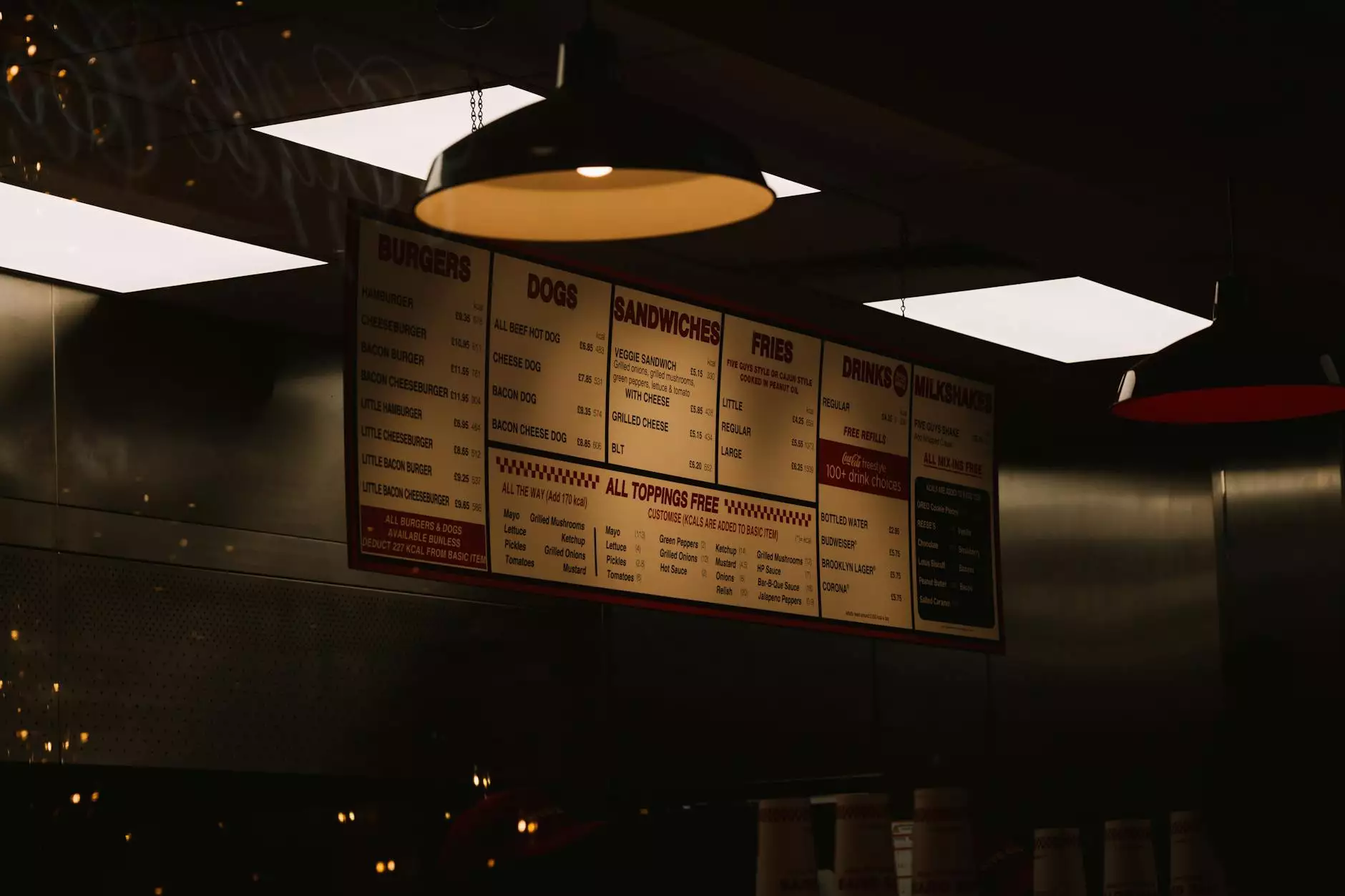The Unique Elegance of Dining: Restaurants, Food, and Bars in the Context of Business Growth

In today's fast-paced world, businesses in the hospitality sector have the potential to flourish in ways that contribute significantly to local economies and cultures. This article will delve deep into the vibrant world of restaurants, food, and bars, focusing on the importance of these establishments as vital components of business growth. Weaving in the metaphor of a "picture of vulture bird" may seem unusual, yet it can illustrate the adaptability and resilience required in this industry.
Understanding the Hospitality Business Landscape
The landscape of hospitality business is as diverse as the offerings from a gourmet restaurant or a trendy bar. With a myriad of choices for consumers, establishing a restaurant or bar today requires more than just quality food and drink. Here are some key factors that contribute to the business's ultimate success:
- Market Research: Understanding your audience and their preferences is crucial.
- Unique Selling Proposition (USP): What makes your establishment stand out?
- Location: Accessibly placed venues attract more customers.
- Quality and Consistency: Delivering a reliable experience keeps customers coming back.
- Engagement and Branding: Building a strong brand identity helps in customer loyalty.
The Role of Restaurants in Business Success
Restaurants are not just places where food is served; they are community hubs, social spaces, and platforms for culinary art. For a business to grow within this sector, understanding the dynamics of restaurant operations is crucial.
Innovation in Menus
To meet the evolving tastes of consumers, restaurants must continually innovate. This might mean embracing local ingredients, offering seasonal menus, or even integrating plant-based options. The rise of the health-conscious consumer has led many restaurants to rethink their menus and focus on freshness and quality. Embracing trends such as farm-to-table can create a strong selling point for many establishments.
Creating Ambiance
Beyond food quality, the atmosphere of a restaurant plays an essential role in attracting customers. Ambiance includes everything from the interior design to the service style. Creating a unique ambiance can turn a simple meal into an unforgettable experience. Successful establishments know how to leverage lighting, music, and decor to evoke emotional responses. This, in turn, builds a strong connection with diners.
Exploring the Bar Scene
Besides restaurants, bars play an equally critical role in the hospitality industry. They often serve as social gathering places, blending food, drink, and entertainment. Understanding how to operate a successful bar is fundamental for enhancing the nightlife economy.
Craft Cocktails and Local Brews
The craft beverage movement has transformed the landscape of bar offerings. Innovative mixologists are creating unique cocktails that reflect local flavors and ingredients, while breweries are gaining traction through microbreweries and taprooms featuring locally sourced beers. This local focus not only enhances customer experience but also fosters community pride.
Implementing Experiential Marketing
Today's consumers crave experiences above mere products. Bars that offer engaging events such as live music, trivia nights, or even cocktail classes can draw in crowds and maintain customer interest. Incorporating experiential marketing strategies helps in building a loyal customer base, ensuring continued business growth.
Food as a Cultural Connector
At the heart of every thriving restaurant and bar is the universal theme of food as a connector of cultures. Food and drink bring people together, transcending backgrounds and fostering community ties. Here’s how restaurants and bars can leverage this aspect:
Community Engagement
Engaging with the local community can yield tremendous benefits for any restaurant or bar. Hosting local events, exhibitions, and charity fundraisers allows businesses to create a dialogue with customers. Moreover, sources of fresh produce from local farms can invoke community support and sustainability.
Inclusivity and Diversity
A successful business model in the dining space embraces diversity. Offering varied cuisines, dietary options, and inclusive menus can draw a wider audience and create a welcoming environment. From vegan dishes to gluten-free options, adapting to the needs of customers is essential for fostering a loyal clientele.
The Digital Age and Its Impact on Restaurants and Bars
The digital revolution has had a profound impact on the dining experience. From online reservations to food delivery apps, businesses must adapt to changing technologies to stay relevant. Here are some ways digital advancements are changing the game:
Online Presence and Marketing
Creating an effective online presence is no longer optional; it is a necessity. Social media platforms like Instagram and Facebook have become vital tools for restaurants and bars to showcase their offerings. High-quality visuals and engaging content can attract potential customers. Businesses should focus on creating eye-catching posts that resonate with their audience. This brings to mind a metaphorical “picture of vulture bird,” synonymous with being alert and seizing opportunities swiftly within the competitive landscape.
Online Reviews and Feedback
With platforms like Yelp and TripAdvisor, customer feedback is more accessible than ever. Establishments should actively manage their online reputation, responding to reviews and addressing any concerns promptly. This not only demonstrates good customer service but also reflects a commitment to improvement and quality.
Strategies for Long-Term Success
While there is no guaranteed formula for success, certain strategies can significantly enhance the likelihood of long-term sustainability in the restaurant and bar industry:
Building Relationships
Creating meaningful relationships with suppliers, customers, and even competitors can foster a supportive community environment. Networking with other businesses can create collaboration opportunities and improve visibility. Partnerships can come in many forms, from hosting joint events with a local brewery to participating in community fairs.
Continual Learning and Adaptation
The hospitality industry is ever-evolving. Always staying updated with industry trends, new recipes, and customer preferences will ensure a business remains vibrant and appealing. Continuous professional development for staff can lead to innovative ideas and enhanced service quality.
Conclusion: The Future of Dining as a Business
In conclusion, the future of restaurants, food, and bars as vital components of business is vibrant and full of potential. With a focus on innovation, community engagement, and a solid digital strategy, these establishments can thrive in today’s competitive market. By adapting to changing consumer tastes and creating memorable experiences, businesses can ensure they are not just surviving but flourishing.
As we take a metaphorical dive into the concept of a "picture of vulture bird", we are reminded of the importance of vigilance and adaptability in the hospitality industry. Businesses that harness their creativity and stay attuned to the needs of their customers will undoubtedly soar above the competition, creating a lasting impact in their communities.



